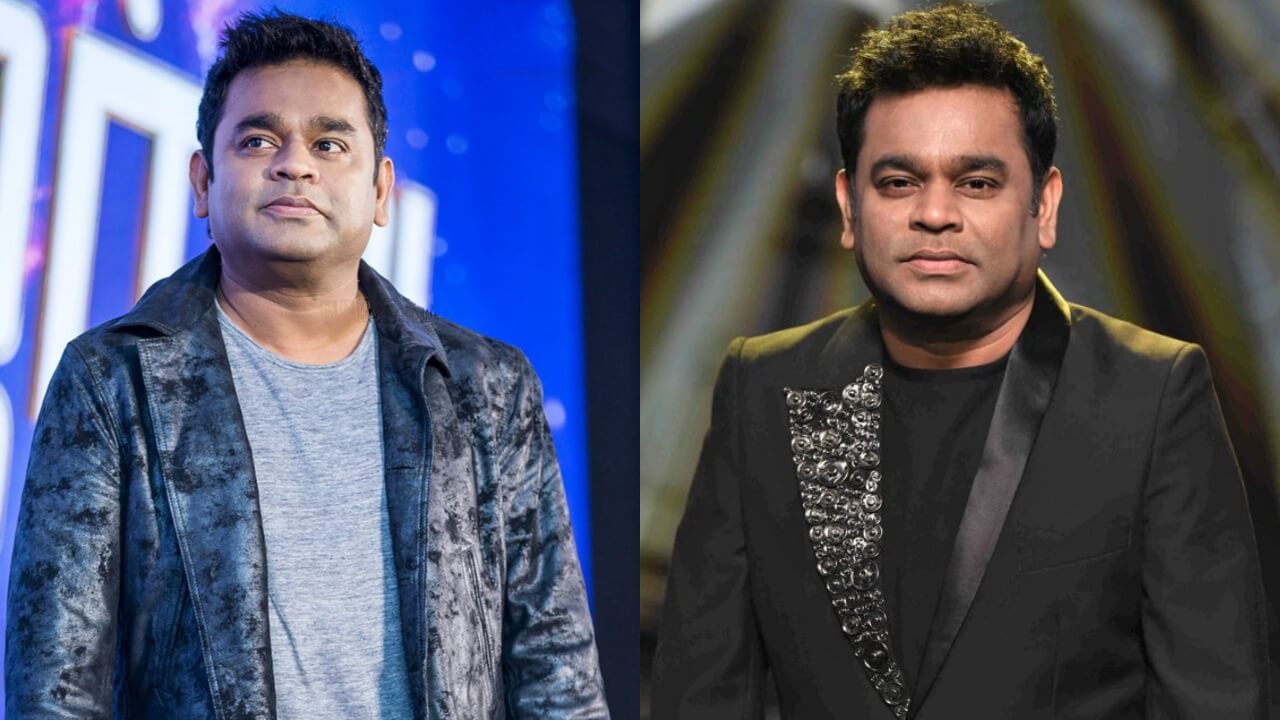An article on AR Rahman’s usage of Indian classical music is not intended to be a critique of Ilaiyaraaja’s use of classical music. South Indians have jointly and fiercely written more words online defending their favorite composer than all the words that define Indian classical music as a whole.
It’s critical to understand that Rahman’s usage of Indian classical music does not always adhere to any traditional formula or genre. Music genre classification has always been a fairly reductive Western thing to do. Indian cinema music has never been concerned with strict genre distinctions. Only here is a country western banjo interlude completely appropriate in a tune with dubstep beats and a tabla and sarangi playing alongside a cello.
Rahman will frequently take a conventional classical work and offer it with very minimal ornamentation aside from pure voice clarity, great production values, and sparse backing arrangements.
When it comes to how classical music has traditionally been played or recorded, there has always been a lack of production qualities and attention to detail in sound engineering. Until recently, every live classical performance featured poor equalization and mixing levels, as well as no usage of techniques like compression or delay/reverb. Rahman’s minimalist interpretations portray the depth of classical music in a very approachable and beautiful-sounding manner, eliminating the unnecessarily long and intricate improvisations that are prevalent in live classical concerts and aimed at the “elite” audience.
Therefore, have a look at some of AR Rahman’s finest classical tunes that will captivate you in every manner.
1.Tere Bina
2.Chaiyya Chaiyya
3.Radha Kaise Na Jale
4.Vande Mataram
5.Masakali


